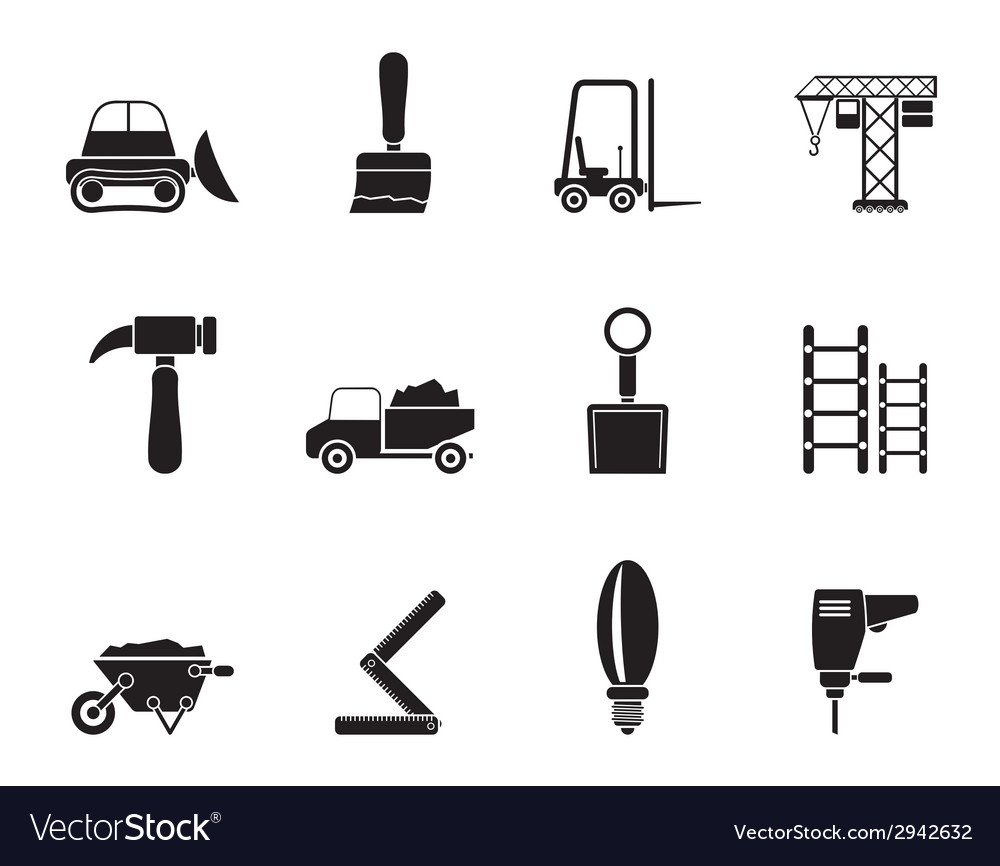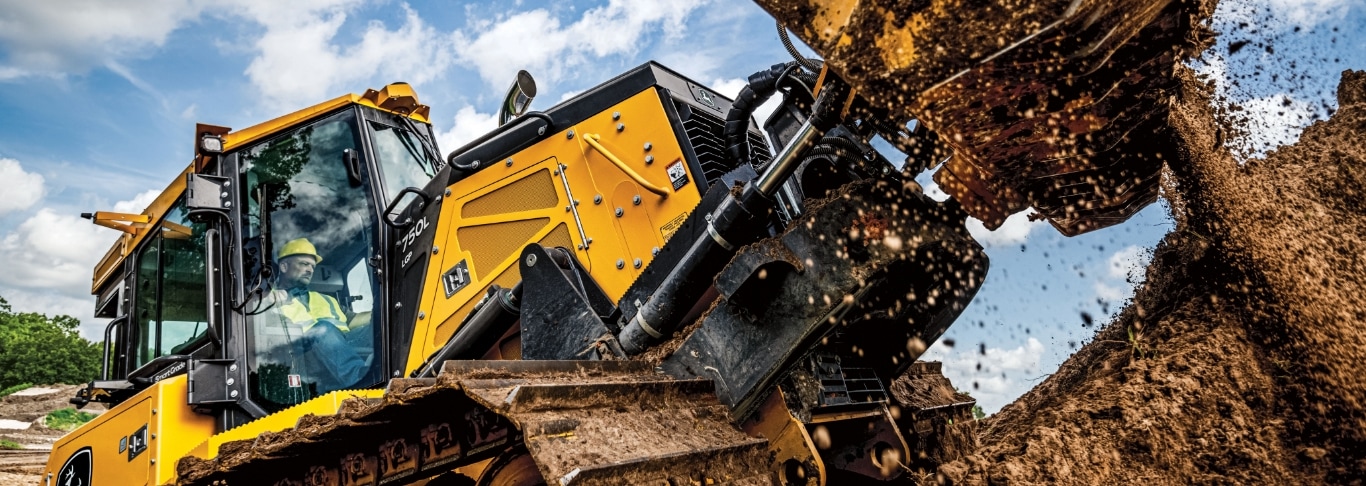Construction Equipment Rentals in Tuscaloosa AL: Everything You Need for Your Task Website
Construction Equipment Rentals in Tuscaloosa AL: Everything You Need for Your Task Website
Blog Article
Checking Out the Financial Benefits of Leasing Building Devices Compared to Having It Long-Term
The choice between leasing and having building and construction devices is essential for economic monitoring in the sector. Renting out deals immediate price financial savings and functional versatility, permitting companies to allocate sources more efficiently. On the other hand, possession comes with considerable lasting monetary commitments, consisting of upkeep and devaluation. As specialists consider these alternatives, the effect on capital, task timelines, and innovation accessibility becomes significantly significant. Recognizing these nuances is important, specifically when taking into consideration exactly how they straighten with particular task needs and monetary approaches. What elements should be prioritized to guarantee optimum decision-making in this complex landscape?

Expense Contrast: Renting Out Vs. Having
When examining the economic implications of possessing versus renting out building and construction equipment, a complete expense comparison is essential for making informed decisions. The choice between renting out and having can substantially affect a firm's profits, and recognizing the associated prices is critical.
Leasing construction tools usually involves reduced upfront expenses, allowing services to allocate funding to various other operational demands. Rental contracts often consist of adaptable terms, allowing firms to gain access to advanced machinery without lasting commitments. This versatility can be specifically beneficial for temporary tasks or varying work. Nonetheless, rental prices can gather in time, possibly exceeding the expenditure of ownership if equipment is required for an extensive duration.
Conversely, owning building devices needs a significant first financial investment, in addition to recurring prices such as financing, insurance, and devaluation. While possession can result in long-term savings, it additionally connects up funding and may not provide the same degree of flexibility as leasing. Furthermore, owning equipment necessitates a commitment to its use, which might not constantly align with project demands.
Ultimately, the decision to rent out or possess needs to be based on a detailed evaluation of particular project demands, monetary capability, and long-term strategic goals.

Upkeep Costs and Obligations
The option between leasing and having building and construction equipment not just includes financial considerations yet also includes ongoing upkeep expenses and responsibilities. Owning devices calls for a considerable commitment to its maintenance, that includes regular assessments, repair work, and potential upgrades. These responsibilities can rapidly gather, leading to unexpected expenses that can stress a budget.
On the other hand, when leasing devices, upkeep is commonly the duty of the rental business. This arrangement allows specialists to avoid the financial worry connected with damage, as well as the logistical difficulties of organizing fixings. Rental agreements frequently include arrangements for maintenance, implying that professionals can focus on completing projects instead of fretting about tools problem.
Furthermore, the varied series of equipment readily available for rental fee makes it possible for firms to pick the most up to date designs with sophisticated modern technology, which can boost efficiency and productivity - scissor lift rental in Tuscaloosa Al. By going with services, services can stay clear of the lasting liability of tools devaluation and the associated maintenance frustrations. Eventually, reviewing upkeep expenditures and duties is essential for making an informed choice about whether to have or rent construction devices, considerably influencing total job costs and functional efficiency

Devaluation Influence On Possession

A significant element to consider in the decision to own building tools is the effect of depreciation on overall ownership prices. Devaluation represents the decrease in worth of the tools with time, affected by variables such as usage, damage, and developments in technology. As equipment recommended you read ages, its market price lessens, which can significantly affect the owner's financial placement when it comes time to trade the equipment or offer.
For building and construction business, this devaluation can convert to substantial losses if the tools is not utilized to its fullest potential or if it becomes obsolete. Proprietors need to represent devaluation in their monetary estimates, which can lead to greater total expenses compared to renting. Additionally, the tax ramifications of depreciation can be intricate; while it might provide some tax obligation benefits, these are usually offset by the fact of decreased resale worth.
Ultimately, the burden of depreciation emphasizes the value of recognizing the lasting monetary dedication included in possessing building tools. Firms need to meticulously review how usually they will utilize the tools and the potential economic influence of depreciation to make an informed decision about possession versus renting out.
Monetary Adaptability of Leasing
Renting building and construction tools offers considerable financial versatility, allowing business to designate sources more effectively. This versatility is specifically vital in an industry defined by varying task needs and varying workloads. By choosing to rent out, businesses can avoid the considerable capital expense needed for buying tools, maintaining capital for various other functional requirements.
Furthermore, renting devices enables official source firms to tailor their equipment selections to certain task demands without the lasting dedication related to ownership. This implies that businesses can quickly scale their equipment stock up or down based on present and awaited job demands. As a result, this adaptability lowers the danger of over-investment in equipment that might end up being underutilized or out-of-date in time.
One more economic benefit of renting out is the potential for tax obligation advantages. Rental settlements are frequently taken into consideration overhead, enabling for instant tax reductions, unlike depreciation on owned and operated equipment, which is topped numerous years. scissor lift rental in Tuscaloosa Al. This instant expense recognition can further improve a firm's money setting
Long-Term Job Considerations
When evaluating the long-lasting demands of a building and construction organization, the choice between possessing and renting devices becomes much more complex. Secret elements to take into consideration include project duration, regularity of usage, and the nature of upcoming tasks. For jobs with extended timelines, acquiring devices may appear beneficial due to the possibility for lower general prices. However, if the equipment will not be made use of regularly across tasks, having may lead to underutilization and unneeded expenditure on maintenance, insurance policy, and storage space.
Furthermore, technical advancements present a substantial consideration. The building and construction sector is developing quickly, with brand-new tools offering improved effectiveness and safety and security features. Leasing enables firms to access the most up to date innovation without devoting to the high ahead of time costs linked with acquiring. This versatility is specifically beneficial for companies that deal with diverse jobs needing various kinds of tools.
Furthermore, financial security plays a crucial role. Having equipment frequently entails significant capital expense check my source and depreciation issues, while renting enables even more predictable budgeting and cash flow. Inevitably, the selection between renting and possessing needs to be straightened with the tactical objectives of the building and construction organization, taking into consideration both expected and current task demands.
Verdict
In verdict, renting construction devices supplies substantial financial advantages over long-lasting possession. Inevitably, the decision to lease instead than very own aligns with the vibrant nature of construction projects, allowing for versatility and access to the most current tools without the economic burdens linked with ownership.
As equipment ages, its market value decreases, which can substantially impact the proprietor's economic placement when it comes time to market or trade the tools.
Renting construction equipment offers significant financial adaptability, permitting firms to designate resources more successfully.In addition, renting out devices allows companies to tailor their tools options to particular project requirements without the lasting dedication connected with ownership.In conclusion, renting out building and construction devices offers significant monetary advantages over long-term possession. Ultimately, the choice to rent out rather than own aligns with the vibrant nature of building projects, permitting for versatility and accessibility to the most recent devices without the economic problems associated with possession.
Report this page